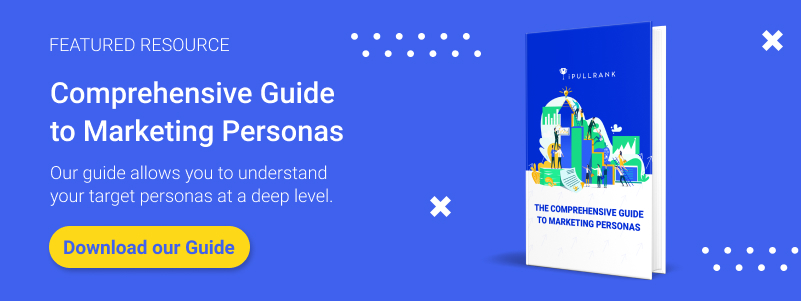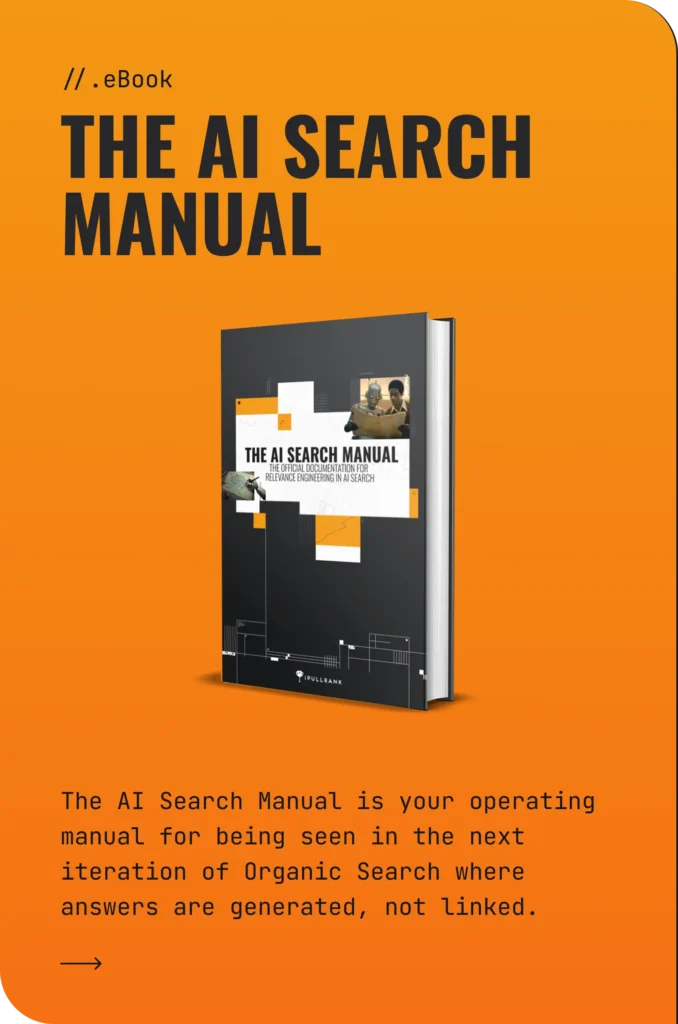While the workforce has been undoubtedly rattled by COVID-19, I, like many members of the creative community, have been hit especially hard and face an infinite amount of uncertainty. Creatives produce ideas, concepts and bring their imagination to life often in a manner for others to interpret. We cannot rewind the hands of time in 2020, but I can suggest some action items to help you prepare for 2021 and beyond.
Capturing Moments of Inspiration
As an artist, I understand that this is especially a difficult time to “feel inspired”. There is a lot of pressure to produce because people assume that we are all at home with “nothing to do”. Marketing is about presenting your brand in its best light. Whether you use e-commerce sites, social media platforms, influencer marketing or create content, you have to take notes from people within your industry.
Let’s Practice Better Business

Many artists shy away from seeing themselves as business owners and anything but creative. Gone are those days. When governmental aid for small businesses rolled around, I noticed that many artists were not able to reap the benefit of the relief because they did not register their businesses under as an entity (LLC,S-Corp, or Partnership).
To be clear, I am not a lawyer nor a practicing legal professional. I am not providing legal advice, just suggestions based on my observation. If you haven’t already, think about registering your business in order to create value within yourself. You can choose to do it yourself or through an incorporation service such as Legal Zoom. Most people think about the initial amount that it may cost to establish a business but few take the benefits at the other end into account. If you have an LLC, for example you can look into forms that reflect your current situation. For those who are still on the fence about being seen as a business owner, embrace it with the intention of being a proactive owner of your art.
Here is a list of resources that can prepare you for better business practices in order to develop skills that will help you grow your business. Below, I’ve provided a list of courses I recommend to start to enhance your knowledge in digital marketing, brand, content and social strategy. I chose these three topics because I’ve noticed that many creatives are not well versed when it comes to processes that directly affect visibility and how their products are consumed.
- Coursera – an online course provider with a variety of classes ranging in different levels of difficulty, duration of the course, and learning products. Costs vary.
Recommended Courses
- Digital Marketing
- Marketing Strategy Specialization
- Brand Management: Aligning Business, Brand and Behaviour
- Branding: The Creative Journey Specialization
- Creative Thinking: Techniques and Tools for Success
- Introduction to Social Media Marketing
Have you taken any of these courses? Thinking about it? Tweet at me, I’d love your feedback on whether these suggestions have helped!
- Score
- A non- profit organization that serves as the nation’s largest network for connecting small business owners with other professionals who serve as business mentors. They also offer a variety of workshops, courses on demand and webinars.
- Lynda
- Lynda is the learning branch of Linkedin . Similar to Coursera, you can take courses and earn certificates once complete. However, you must pay after your first free month. The New York Public Library offers its card holder’s access for free. If you live outside of New York, check in with your local library to see if they offer this service. If not, encourage them to do so.
- Note: Lynda has a number of Quickbooks courses that can be helpful.
- Lynda is the learning branch of Linkedin . Similar to Coursera, you can take courses and earn certificates once complete. However, you must pay after your first free month. The New York Public Library offers its card holder’s access for free. If you live outside of New York, check in with your local library to see if they offer this service. If not, encourage them to do so.
- SkillShare
- Skillshare is a project-based online subscription service. This platform offers the user the opportunity to collaborate with others and provides additional information once membership is established.
- Monthly plan: $15 per month.
- Premium Annual: $8.25 per month, billed as one payment of $99 annually.
- Skillshare is a project-based online subscription service. This platform offers the user the opportunity to collaborate with others and provides additional information once membership is established.
Special Resources for Musicians

Optimize your visibility
- Songkick
- A platform that provides personalized notifications for fans to track their favorite artist or band. If your state allows concerts, this will help new fans find you based on location or specialized concerts.
- Bandsintown
- A marketing platform, similar to SongKick. They provide artists, labels and executives with their own dashboard. Artists can sync their own shows across the web.
- Discord
- Notably used by gamers, Discord has found popularity amongst musicians because of its ability to privatize and customize it’s server to the host. You can use this platform to debut unreleased music, host a release party,directly communicate with fans (think of it as a virtual meet and greet) and more. You are also able to directly get payment options within the chat that could possibly serve as additional income.
- Youtube
- Youtube is one the most popular and commonly used video streaming and sharing platforms in the world. If you haven’t thought about live streaming, consider the benefits of monetization and maximizing your reach. Here are links to step by step guide on setting up your Youtube live.
Be a Boss and a Musician
- Recording Academy of Music
- Producing the Grammys is just one small element of programming the Recording Academy is responsible for. They are also instrumental in presenting lawmakers with proposals that directly affect laws and policies that affect musicians and music creators in the United States. As a member you are also eligible to vote for fellow musicians for a Grammy, network within the Recording Academy’s platform, and participate in local chapter and nationwide events. Relationships are important, especially during a time when we are not freely able to see each other in person. Consider joining. Membership is on an annual basis at $100 a year.
- Berklee School of Music
- Berklee School of Music is a world-renowned music school. They offer massive online classes ( MOOCs) through platforms such as Coursera taught by a variety of musicians. If you have not found a specific topic through the Coursera link take a look at Berklee’s platform directly. They also have supplemental information in the form of e-books and downloadable mini-lessons that are not on the aforementioned sites.
- Coursera
Recommended Music Courses
Are you collecting ALL of your money?
Making money as a musician can be difficult but it is not impossible. The key, like many professions in this climate, is to diversify your revenue income. All musicians should at least seek membership within a PRO (Performing Rights Organization), an organization that collects publishing fees on your behalf. The three main organizations in the United States are ASCAP, BMI and SESAC. Most are free to join and their collection fees and membership applications vary. DIYMusician and SoundCharts explain the differences in the organizations and other collection fees organizations that many musicians often skip over.
Getting into Music Analytics
Track the performance of your music and the platforms that have and cam maximize your visibility. How is your music performing on various platforms? What are you doing differently? “Understanding Music Data Analytics” is necessary and just another step into tracking your business performance.
Maximize Your Creativity

During this crisis, many companies have extended their products for free or allow students and creatives to use them for a discounted or extended amount of time. If you are not using these programs and products, check them out.
- Canva
- Pexels
- Need to use photos and do have the time to clear permission? Find free stock photo AND video here.
You Need a Content Audit
Take a day or two to think about how you’d like your audience and outsiders to view you as a creative. Look at the content you have for your top two or three highest engaged platforms (such as Instagram, Twitter and Facebook) and check the analytics of which posts performed the best on those platforms.
In “Reasons You Need A Content Audit” Danilo has done a great job explaining why content audits are necessary, what they should include and why you’d benefit from them. If you’re looking for where to start, this is a great article to start with. After you’ve conducted a content audit, plan your content for at least the next six months.
Managing Content
- Content Calendar
- Unsure of how to create a content calendar? Hootsuite does a great job of step by step instructions (and also serves as a platform you can use to schedule content as well).
- Scheduling Content
- Making music – content in general is easily time-consuming. Take the time to look into a platform that will help you schedule and track your content throughout the web and different social media platforms. Check out Influencer Marketing Hub for a list of Best Social Media Posting and Scheduling Tools.
- Managing Engagement
- Managing content and engagement is just as important as posting. Hootsuite once again breaks down elements of engagement that are notable for upkeep.
Recycle older content
There are more people who are online for longer periods of time and they may stumble upon your page. Which means you have new eyes that aren’t familiar with you. This is an opportunity to gain a new fan. Take advantage of this. In repurposing old content, you can also give it a facelift with brighter eye-catching imagery. The odds are, your old fans might have just liked the post and might not have seen or heard the content the way it was intended to be consumed initially.
Utilizing E-commerce
Gone are the days where one would question the importance of owning a website. If you have the means, you should invest in your own platform. In the event that general social media sites go offline, which sometimes they do, your site will not be affected. Popular Ecommerce website builders included WixStores, SquareOnline, Shopify, and BigCommerce. If that is not an option for you at this time let’s look at platforms that give you the flexibility to sell your items without the commitment of a website.
If you’re not quite ready to take that step, some of the more popular social media platforms provide marketplace extensions:
- Instagram Shopping
- Provides a simple way to post merchandise on your profile and link the merchandise to your store. Profile must be on a business setting.
- Facebook Marketplace
- If you not aware, Facebook owns Instagram and has applied the same requirements are in place for Instagram. The difference in selling your product may be in promotion and Facebook has provided examples on how to approach the two platforms.
- Etsy
- Etsy’s site is geared towards handmade products and customizable products. Their sellers handbook has provided very detailed information for a first timer as well as a vet.
When Should I Debut my Products and Site?
Plan a rollout that will support your launch at least two weeks in advance.There is no need to wait for the holiday season. During the “Navigating Black Friday in COVID-19” webinar Mike King and Raj Nijjer discuss comparative consumer behavior pre-COIVD and the apparent impact it’s had on popular e-commerce sites. A noteworthy point made in the webinar is that there is still time for smaller brands and companies to take part in the exponential growth in the e-commerce market.
Here are some points to review:
- Can you pivot to provide services or products that big names may not have in stock ?
- Do you use ads across platforms to promote your products?
- Is the product description consistent throughout all advertised platforms?
- Are your prices competitively priced?
- Is your product in a similar marketplace as your competitor?
- Who are your competitors?
For the Musically inclined:
- Bandcamp
- A hybrid of a Digital Service Provider (DSP) and e-commerce store, Bandcamp provides a space where artists can sell their music and merchandise. Accounts are free but their revenue is based on artists sales. They take 15% for digital purchases (music), 10% for merchandise.
- The Lives: Use one or all of these platforms to debut new music, keep in touch with your fans live.
Content should be fun
I know that there’s a lot of pressure to put out great work but remember, there is still room for error. You can release your best work and not receive the anticipated positive feedback you think it deserved. This doesn’t mean that the content was bad. It could mean that people did not see it, the presentation didn’t complement the product or project or there wasn’t a clear directive.
If you feel overwhelmed with coming up with content,think about all of these non-holiday “observances” that pop up almost every day. Think about looking into sites such as “Days of the Year to help spark some ideas and to help you tailor repurposed content.
Collaborations or Influencer Marketing?
In the article “ How To Properly Use Influencer Marketing” I discuss whether influencers are worth the investment, what you should look for in an influencer and the importance of messaging.Why not both?
Now Set the Scene
You’ve taken my recommendations and applied them, now what? Settings have changed and you’re ready to pivot. Take this time to change as well, try an approach or style of art you’ve been afraid to try. Look at what creatives from different concentrations have done that work for them and think about doing a modified version of it. Let me know how everything works out!







